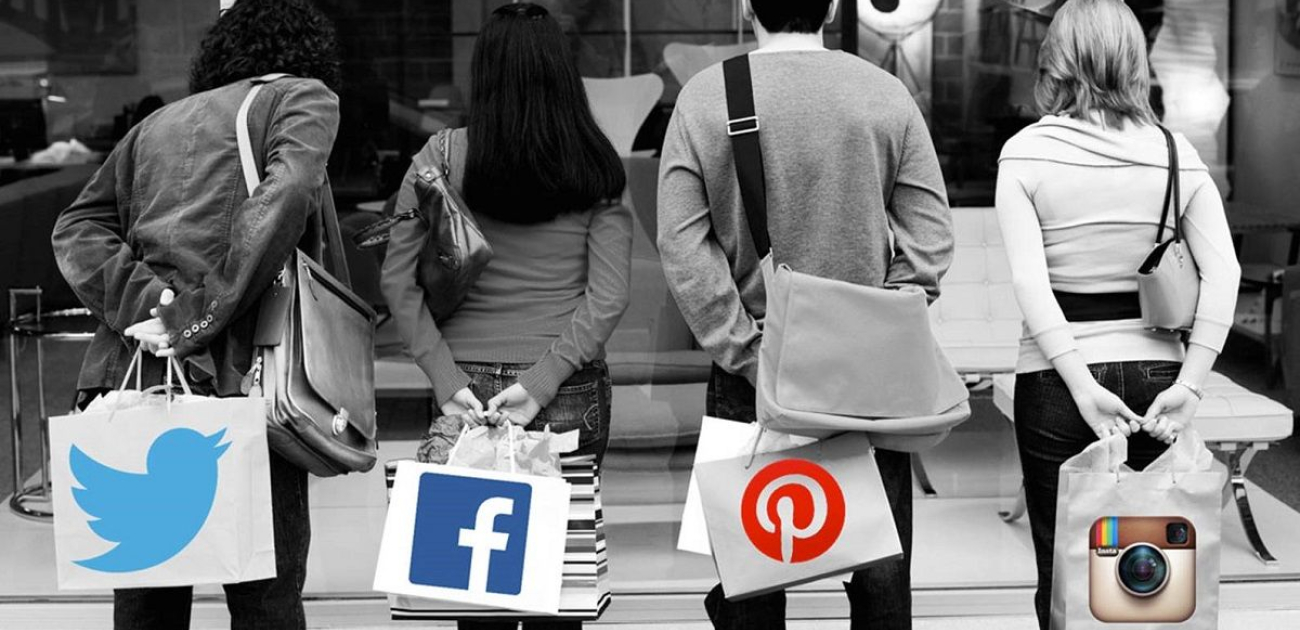The Future of Online Shopping Is Social
Social media has a well-established position in the retail industry. Brands and retailers have mastered digital and social media tools to engage their target market throughout the customer journey, from awareness, engagement, purchase and well beyond purchase.
These advancements in technology have spurred a growing trend in retail: social shopping. What exactly is it? Social shopping, an e-commerce phenomenon, uses technology to turn digital social experiences into shopping opportunities, often recreating the social interactions we would normally experience during an in-person shopping occurrence.
There are many different categories of online social shopping being leveraged by retailers, both e-commerce and brick-and-mortar. Social media sites have allowed retailers to advertise products to targeted audiences for years. Outside of traditional social media sites, there are three trending tactics for innovative retailers: group shopping, social marketplaces and recommendation engines.
Group shopping is one of the most well-known categories of social shopping. These sites allow customers to buy together at wholesale prices. Think Groupon. With group shopping, brands offer steep discounts to attract new customers online and in-store—then they must also have a strategy to retain, cross-sell or upsell those customers to achieve ROI.
Another popular category is social marketplaces and it is exactly as it sounds: A website where people visit to buy items or sell their wares. We’ve been visiting marketplaces since the beginning of trade and now we can do it online instead of traveling to a place. Think Etsy. Secondhand marketplaces are a rapidly growing subcategory of social marketplaces, due in part to more eco-conscious consumers and interest in sustainable fashion. Some brick-and-mortar stores have found ways to partner with secondhand marketplaces; Macy’s and J.C. Penney announced a partnership with thredUp in 2019.
Recommendation engines are another increasingly popular trend. Technology and data science allow retailers to hyper-personalize product recommendations and promote customer reviews. While we have been able to read recommendations and even ask strangers questions based on their opinion online for some time, there is a nuance on the rise. Recommendation engines are becoming social by allowing shoppers to have conversations with their own stable of connections versus strangers. The benefits are two-fold for retailers: customers become a source of authentic influencer marketing by inviting their circle of friends to your website and unfounded bad reviews don’t have a home among friends.
What’s your social shopping strategy?

